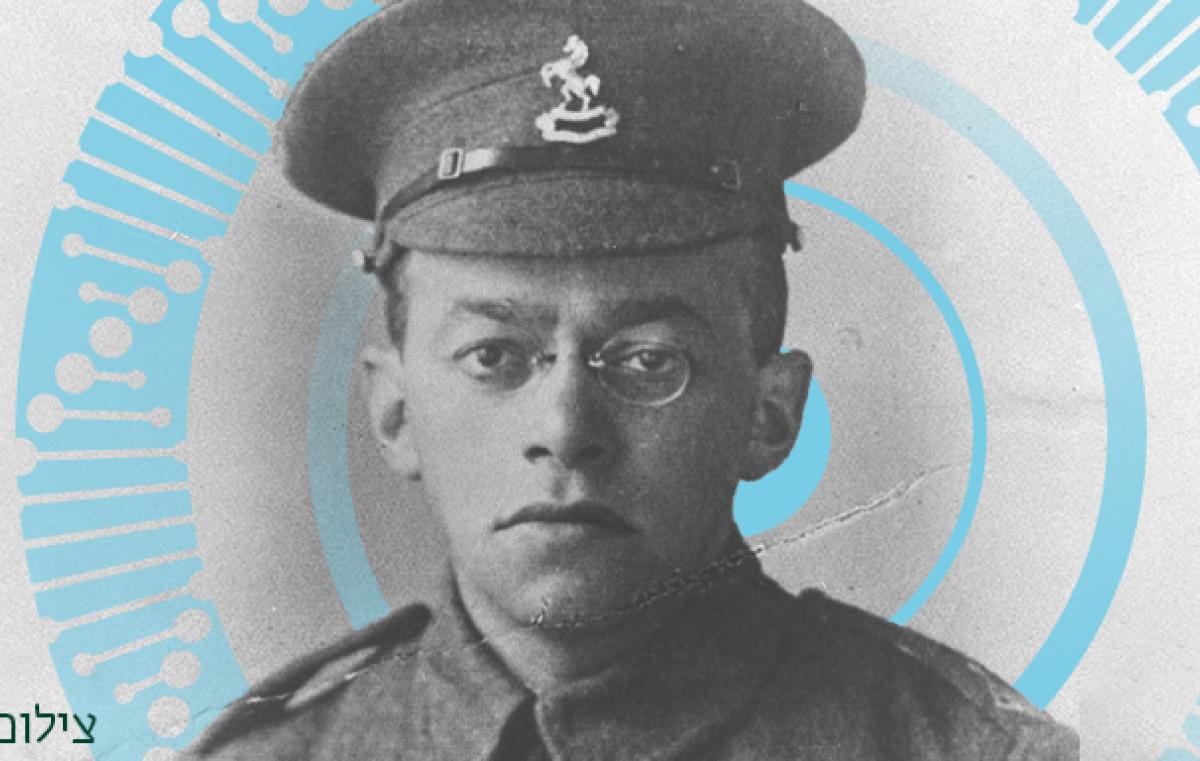Ze’ev Jabotinsky
On the anniversary of Jabotinsky's death, Dr. Yitzhak Conforti of BIU’s Koschitzky Department of Jewish History and Contemporary Jewry, writes about the leader who was not only an ideologist and a politician, but also a brilliant scholar

On August 4, 1940, Ze’ev Jabotinsky, founder of the Zionist Revisionist movement and a prominent Zionist leader during the British Mandate period in pre-State Israel, passed away. Dr. Yitzhak Conforti, of BIU’s Koschitzky Department of Jewish History and Contemporary Jewry, writes about the leader who was not only an ideologist and a politician, but also a brilliant scholar.
The historiography of the Zionist movement emphasizes political and ideological aspects, while suppressing the cultural revival brought about by Zionism. Jabotinsky’s character demonstrates the centrality of culture even in the most distinct Zionist political circles. In addition to being a political ideologue, Jabotinsky played a prominent role in Hebrew culture as a gifted writer, publicist and translator. As he himself wrote in the early 1920s: “My ‘Hobby’ is literature… By nature, I am a tent-dweller, and it was others who always dragged me into politics.”
In politics, Jabotinsky was known for his uncompromising stance regarding the struggle for the Land of Israel. He called for establishing a Hebrew army, as a necessary step toward the founding of a Jewish state in the Land of Israel. A principled formulation of this position appeared in his essay, “The Iron Wall” (1923). However, civil and liberal aspects were also inherent in his writings, for example, in the constitution that he proposed in 1940 for the state, in which he stated: “The principle of equal rights for all citizens of any race, creed, language or class shall be enacted without limitation throughout all sectors of the country’s public life. In every Cabinet where the Prime Minister is a Jew, the vice-premiership shall be offered to an Arab, and vice-versa.” The constitution, intended to establish a nation-state of the Jewish people in the Land of Israel, thus included full equality of rights for all citizens.
In the cultural realm, Jabotinsky was a talented and prominent writer. He penned important literary works such as the novels “Samson” and “Chamishtam”. His translations of songs from different languages are considered ironclad assets in Hebrew culture. He was recognized as an accomplished translator by leading literary writers of his time, including Haim Nahman Bialik, whose poem “In the City of Slaughter” was translated by Jabotinsky into Russian. Literary scholar Dan Miron makes particular note of Jabotinsky’s spectacular translations of Edgar Allan Poe’s poems, “The Raven” and “Annabelle Lee,” among dozens, and possibly hundreds of poems written by Hebrew poets in the 1920s and 1930s. Annabelle Lee was translated in 1920, and has been set to various melodies and performed many times to this day.